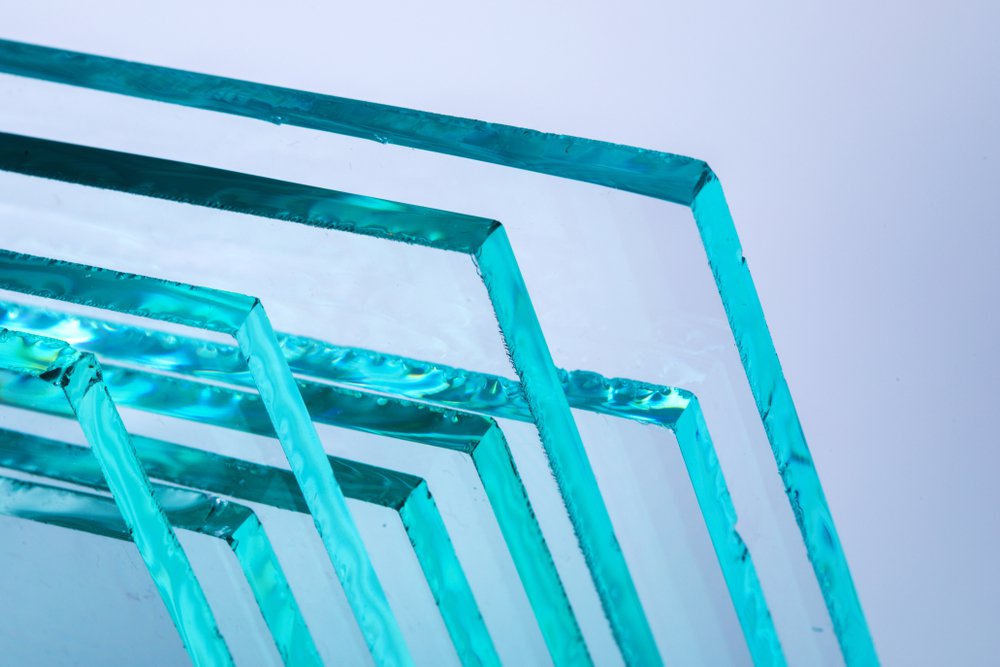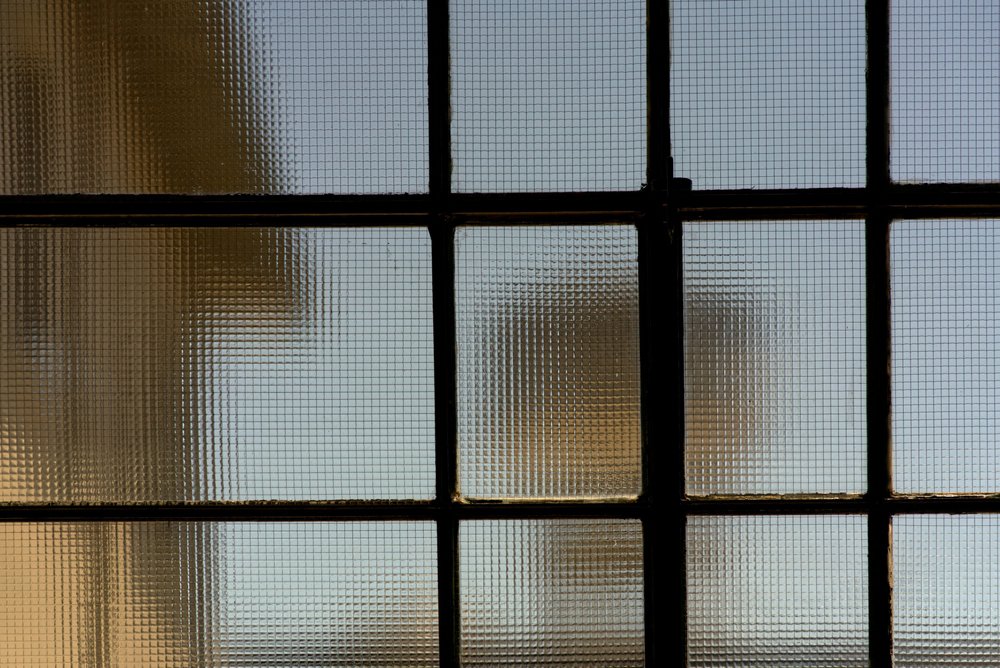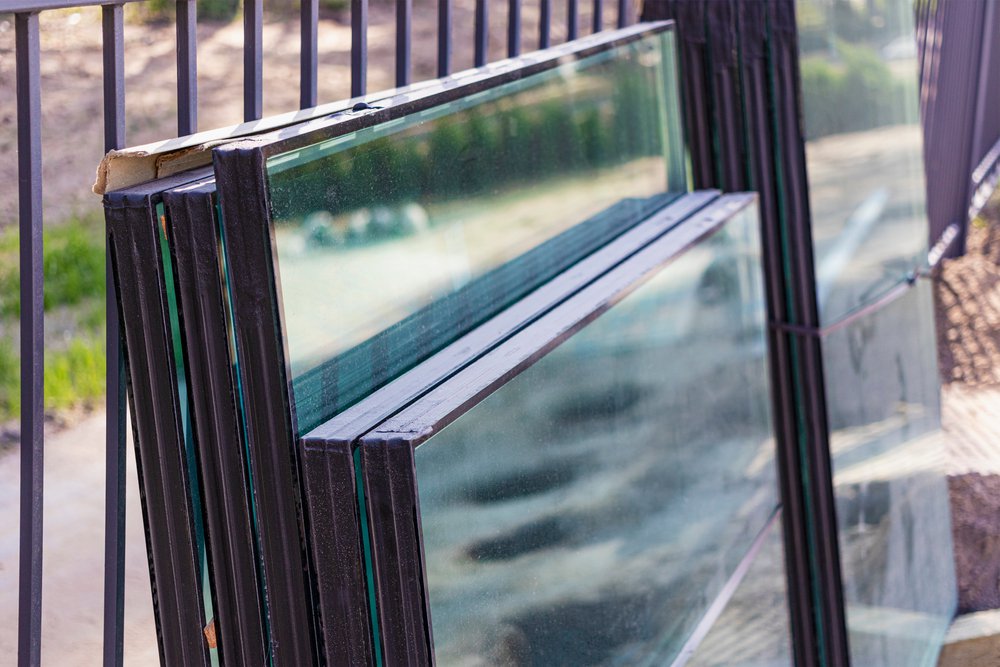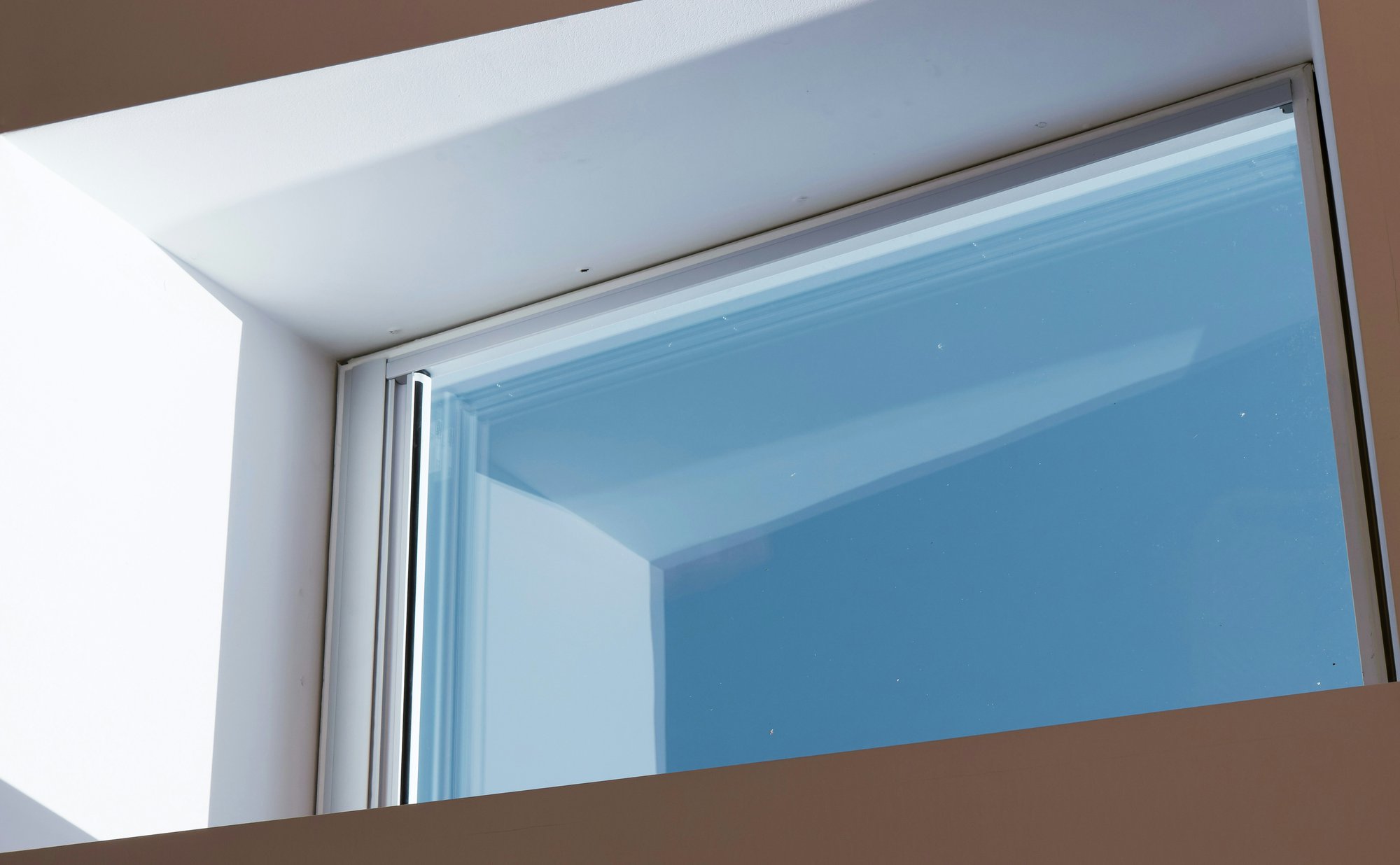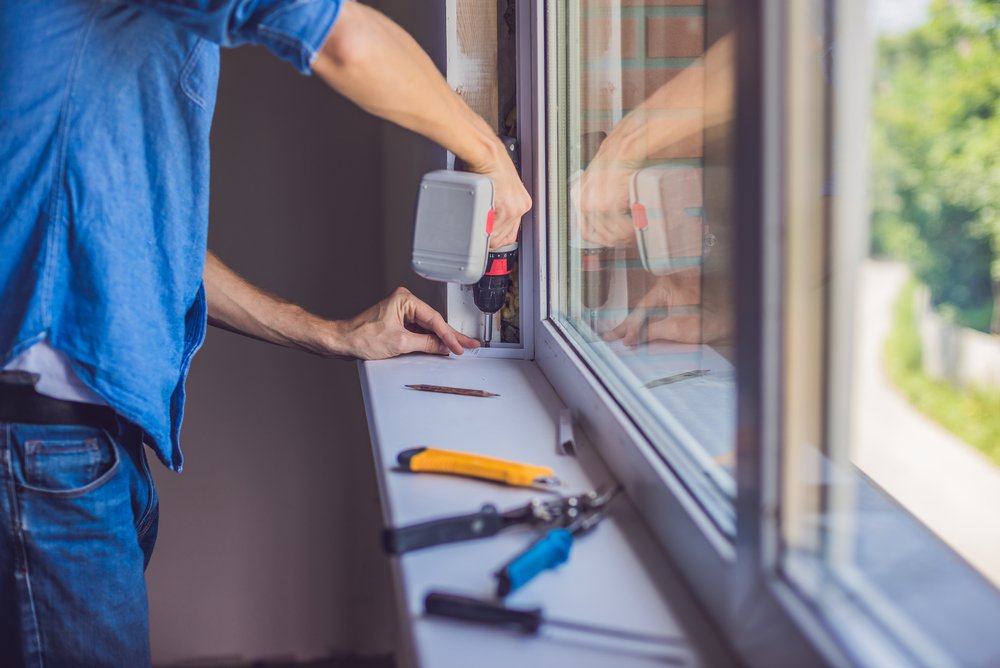In a world where glass often symbolizes fragility, advancements in manufacturing are changing the narrative. Glass durability enhancements, designed to withstand challenging environments, offer more than just strength—they provide a sustainable solution to reduce waste and minimize the need for frequent replacements. By embracing these innovations, manufacturers and consumers alike can contribute to a more resilient and eco-conscious future.
Reinventing Glass: A Sustainable Revolution
Glass has traditionally been viewed as a delicate material, prone to breakage, and frequently replaced. This cycle of fragility leads to significant waste and environmental strain. Each broken pane represents a repair cost and an environmental cost in terms of resources and energy.
Enhanced glass disrupts this narrative by combining durability with sustainability. These innovations extend the lifespan of glass products, reducing waste and supporting a future where resilience meets environmental responsibility. By adopting enhanced glass, the industry can redefine glass as a symbol of innovation and endurance, turning waste into opportunity.
The Science Behind Glass Durability Enhancements
Glass durability enhancements stem from advanced manufacturing processes designed to strengthen and extend the life of glass products. Key techniques include:
Chemical Tempering
This process involves heating glass to high temperatures and cooling it rapidly. The result is internal compressive stresses that make the glass more resistant to impact and thermal stress, drastically reducing breakage rates.

Lamination
Laminated glass consists of multiple layers bonded with a durable interlayer. This not only enhances strength but also improves safety. In case of breakage, the glass fragments adhere to the interlayer, minimizing injury risks and the need for immediate replacement.
Insul-Lite Manufacturing incorporates additional innovations, such as Low-E (low emissivity) coatings and advanced spacer bars. Low-E coatings reflect infrared light, improving energy efficiency by keeping interiors comfortable year-round. Advanced spacer bars further optimize thermal performance, creating a more sustainable building envelope.
Environmental Impact of Glass Waste
The lifecycle of traditional glass products often ends in waste, contributing to resource depletion and environmental challenges. High breakage rates exacerbate this issue, with glass frequently discarded into landfills.
Waste and Resource Strain
Frequent breakage leads to increased demand for new materials like silica, soda ash, and limestone, which are finite resources. This cycle strains both the environment and the economy.
Mitigating the Impact
Insul-Lite Manufacturing addresses these concerns through robust recycling initiatives, promoting the reuse of glass materials. By recycling and extending product lifespans, the company reduces the environmental footprint of glass manufacturing and aligns with global sustainability goals.
Real-World Applications of Glass Durability Enhancements
Glass durability enhancements are not just a theoretical advancement—it’s being applied in real-world scenarios that showcase their benefits.
Hurricane-Resistant Windows
In hurricane-prone regions, enhanced glass provides a robust solution against extreme weather conditions. Engineered to withstand high winds and flying debris, these windows reduce the frequency of replacements and minimize waste, contributing to both safety and sustainability.
Industrial Applications
In industrial facilities, where glass endures harsh conditions, enhanced glass solutions ensure longevity. This durability reduces the need for frequent replacements, lowering waste and operational costs while maintaining performance in demanding environments.
Residential and Commercial Structures
For homeowners and business owners, durable glass contributes to energy efficiency and long-term savings. Whether it’s insulating glass for windows or reinforced panels for storefronts, the advantages of enhanced glass are evident in reduced maintenance and energy costs.
These applications demonstrate how enhanced glass aligns safety and sustainability, proving that durability can meet the highest standards of quality and responsibility.
Consumer Awareness and Market Trends
The demand for durable and sustainable products is reshaping the glass industry. Consumers and businesses increasingly prioritize products that align with eco-friendly values.
The Growing Demand for Sustainability
As awareness of environmental issues grows, consumers are seeking products that combine durability with environmental responsibility. Enhanced glass meets this demand, offering long-lasting solutions that reduce waste and carbon footprints.

Industry Partnerships
Collaborations with like-minded brands amplify the benefits of enhanced glass. By partnering with sustainable companies, Insul-Lite Manufacturing promotes durable glass solutions, educating stakeholders on their environmental and economic advantages.
Regulatory and Industry Standards
Enhanced glass products often meet or exceed industry standards for durability and sustainability, making them a preferred choice for eco-conscious projects. These certifications provide additional confidence for architects and builders in selecting materials for large-scale projects.
Future Innovations and Sustainability Goals in Glass Durability Enhancements
Looking ahead, the potential for innovation in enhanced glass technology is vast. Current and future innovations to improve durability and sustainability include:
Smart Glass Technologies
Emerging technologies like smart glass, which can adapt its properties based on environmental conditions, promise to revolutionize energy efficiency and further reduce waste in buildings.
Sustainable Materials
By incorporating recycled content and eco-friendly materials into their processes, manufacturers can minimize environmental impact while maintaining high-quality standards. These initiatives reflect a commitment to advancing industry-wide sustainability goals.
Energy-Positive Glass
Innovations in energy-positive glass—glass that generates more energy than it consumes—are on the horizon. This breakthrough could transform buildings into self-sustaining ecosystems, further enhancing their environmental value.
Embracing a Clearer Future with Glass Durability Enhancements
Glass durability enhancements represent a critical step toward achieving long-term sustainability. By reducing waste and increasing product lifespan, it offers both environmental and economic benefits. Consumers, manufacturers, and policymakers all play a role in championing these innovations, creating a ripple effect that fosters eco-friendly practices across industries.
Durability isn’t just about strength—it’s about making a lasting impact. By choosing enhanced glass solutions from Insul-Lite Manufacturing, stakeholders can contribute to a sustainable future while meeting the highest standards of performance and safety. Contact us today to learn more.

